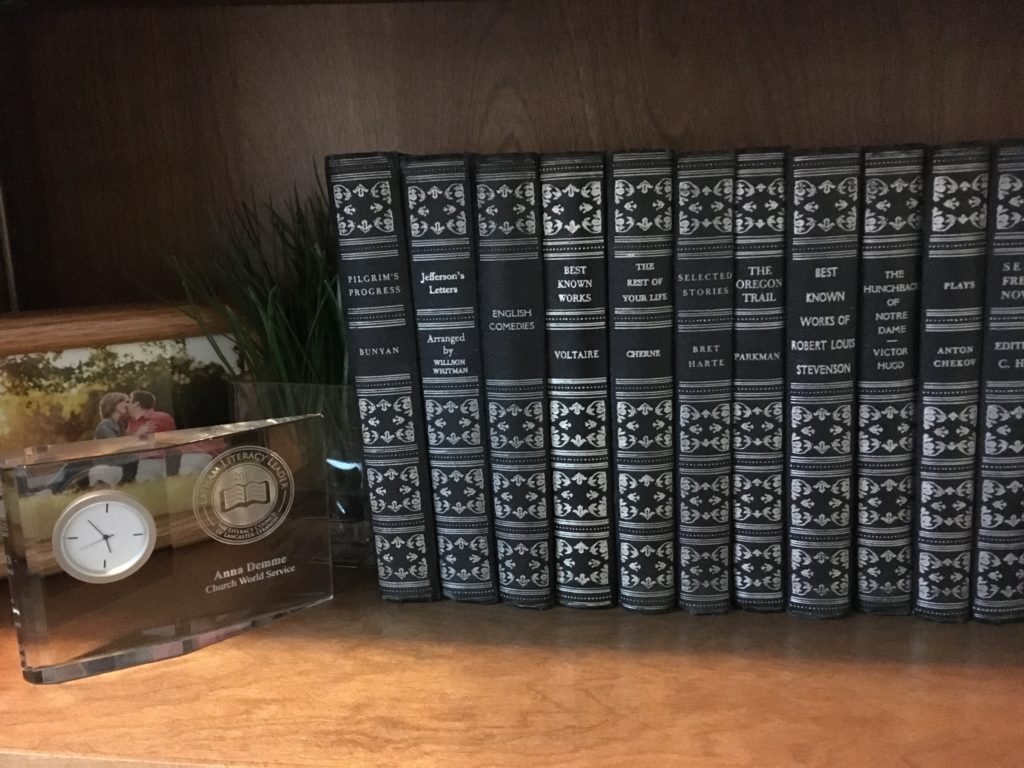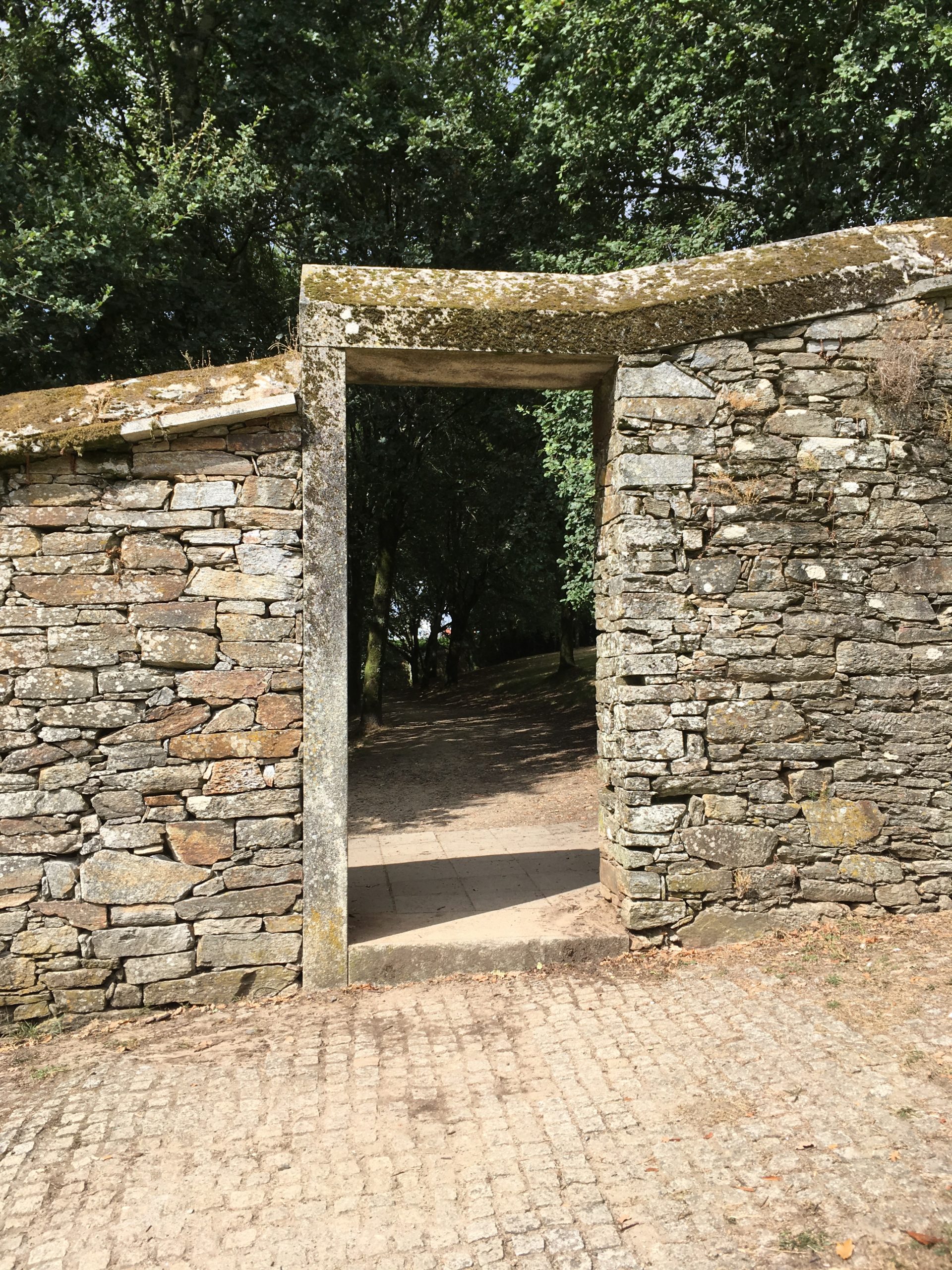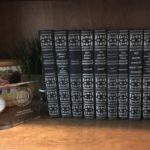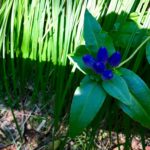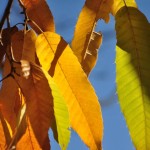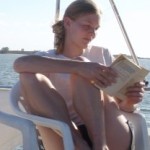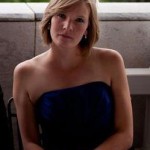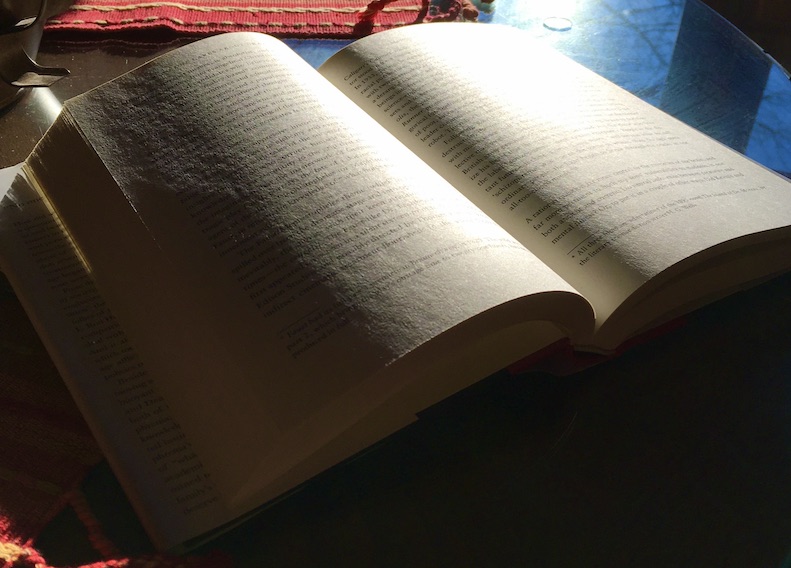
Sci-Fi/Fantasy/Fiction
Speaker for the Dead by Orson Scott Card
Hands down my favorite book I read this year and perhaps the most profound. I believe that this is Card’s Magnum Opus. Set many years in the future from Ender’s Game, it is a complex story with empathy at its heart. I do believe that fiction is oft times the best conduit for telling deep truths, sometimes more so than non-fiction.
The Women by Kristin Hannah
Having heard my Dad’s Vietnam stories, I looked forward to reading this fictional account based on the few women that went to Vietnam. It was engaging and hard to put down. The PTSD parts were familiar: especially the confusing turmoil of fireworks being mistaken for gunfire. Although it felt, at times, like watching a train wreck (and I’m pretty sure that was the idea), it was a good read.
Anxious People by Fredrick Backman
As with every Backman book I’ve read, this was the perfect combination of humorous, engaging, and a good look into the hearts and minds of quirky human-beings. You really can’t go wrong.
Tress of the Emerald Sea by Brandon Sanderson
A delightful read and a hilarious narrative voice.
Other favorites:
Small Great Things by Jodi Picoult
Non-Fiction
What Happened to You?: Conversations on Trauma, Resilience and Healing by Bruce Perry with Oprah Winfrey
As always, Bruce Perry shares his profound, ground-breaking discoveries in the most understated way possible. In fact, if you’re not paying close attention you might be lulled into missing them by his gentle story-telling. I listened to this as an audiobook and although I know many are not fans of Oprah Winfrey, I thought that she had important pieces to add to the conversation. I highly recommend anything by Bruce Perry, but this particular book is so very accessible, especially to those who’ve never read anything on trauma or attachment.
Travels with Charley: In Search of America by John Steinbeck
I’ve been a HUGE Steinbeck fan since reading The Grapes of Wrath in my late twenties and then a slew of his many other works, many of which are favorites. This was absolutely delightful and I would recommend to anyone who is interested in the travelogue genre. Also, if you love animals, one of the main characters of this true tale, is Steinbeck’s traveling companion and doggy extraordinaire, Charley.
The Hidden Life of Trees: What They Feel, How They Communicate: Discoveries From a Secret World by Peter Wohlleben
I’ve always loved trees. In college, if it wasn’t already taken by some other weirdo, you could find me studying in the branches of the Sycamore tree overlooking the “grassy bowl.” So when someone told me about this book, I knew I had to read it. I have never been more amazed, inspired, appreciative, and saddened by a book. Trees are AMAZING and science is just now catching up to figuring out how important they are for our survival and well-being.
Last year, while hiking for the first time in the Allegheny Forest, I noticed the eeriness that a logged forest produces: silence and an odd light. Instead of the usual relaxed feeling hiking through the forest, I felt on-edge. And thanks to this book, I realized that there were reasons for this—it wasn’t just my imagination. Read it and get to know the world around you in a deeper way.
Other Interesting Reads:
Twenty Things Adopted Kids Wish Their Adoptive Parents Knew by Sherrie Elridge
Quiet: The Power of Introverts in a World that Can’t Stop Talking by Susan Cain
Upstream: Selected Essays by Mary Oliver
American Predator: The Hunt for the Most Meticulous Serial Killer of the 21st Century by Maureen Callahan
Memoir
Somebody’s Daughter by Ashley C. Ford
A beautifully told story. I appreciated how her memory goes back to such a young age like mine does (this is not the norm in memoir) and many of her thoughts and inner motivations were so similar to mine. Her story is beautiful and hard and I appreciate her strength. It’s a very good read.
All My Knotted Up Life: A Memoir by Beth Moore
This was an interesting and humorous read. I only knew who Beth Moore was from a Bible study I’d done through my Baptist Church as a teenager. I liked her, but I didn’t understand how someone like her (basically a preacher without ever being allowed to be called one) could work within the restrictive confines of the Baptist Church and be okay with it. She delves into this later in her book (which I appreciated). Overall, she has an interesting life, and she was unafraid to say what needed to be said.
Other interesting reads:
Grandma Gatewood’s Walk: The Inspiring Woman Who Saved the Appalachian Trail by Ben Montgomery
